"China is the main strategic challenge."
That phrase, repeated over and over again in the halls of government in Washington and Tokyo, is the argument used by those responsible for Defense and Foreign Affairs of both countries when announcing a more than significant reinforcement in their Security cooperation this week in the capital. US.
And it will be the
leitmotif
of the talks that President Joe Biden and Japanese Prime Minister Fumio Kishida are holding at the White House this Friday.
Many things unite the United States and Japan, increasingly close partners, but today the shared conviction that it is necessary to keep Beijing - and also Moscow and Pyongyang - at bay has become the common thread of an alliance fundamental strategy in the balance in Asia.
“We agree that China is the great shared strategic challenge that we and our partners face,” Secretary of State Antony Blinken said on Wednesday.
Together with Secretary of Defense Lloyd Austin and his Japanese counterparts -Yoshimasa Hayashi and Yasukazu Hamada, respectively-, Blinken announced a new stage in security collaboration with Tokyo.
The new agreements will allow Japan to strengthen its missile systems and reorganize the US military presence in the Japanese archipelago.
The US nuclear umbrella that protects Japan will also be expanded into space to include Japan's satellites, a step that until now has only been taken for the defense of NATO members.
The idea is to support Tokyo's increasing role in regional defense in Asia, the area of the world where military spending is growing the most, and reduce its dependence on the United States for security.
Although Japan's pacifist constitution places serious restrictions on the country's military activity, since the Shinzo Abe era (2012-2020) Tokyo has gradually increased its military budget and the role of its Self-Defense Forces.
In the middle of last December, the Kishida government -a priori, with more moderate positions than his mentor Abe- approved a profound reform of its national security and defense strategy.
His investment in this area grows 25%;
for the first time since World War II, its military spending will jump from 1 to 2% of GDP in the next five years.
Tokyo plans to purchase dozens of American Tomahawk missiles while developing its own domestic technology.
Tokyo views North Korea's new arms push with concern.
Having taken a conciliatory stance towards Russia in previous years when it sought a settlement over its territorial dispute over the Kuril Islands, it has become the toughest Asian country against Moscow.
“What happens in Ukraine today may happen in Asia in the future,” Kishida has declared more than once.
But above all, he is alarmed by China's growing military rise and, most especially, the pressure of the People's Liberation Army on Taiwan, Japan's self-governing island neighbor, ideologically aligned with Washington and which Beijing considers inalienable Chinese territory.
Tokyo was especially concerned after Chinese forces responded with missile fires in waters near Taiwan to then-House Speaker Nancy Pelosi's visit to Taipei last August.
"We have been seeing provocative behavior on the part of the Chinese forces for a long time," Austin said at the press conference on Wednesday, where he nevertheless stressed that he does not see an attack by China against Taiwan as likely in the near future.
If Taiwan is essential to Japan, Japan would also be essential to Taiwan in the event of a conflict.
A report by the
think tank
CSIS published this week and which simulates different scenarios of a hypothetical invasion specifies that if a war were to come, the United States "must be able to use its bases in Japan for combat operations" around the island.
“Although other allies (such as Australia or South Korea) are important in the broader competition with China and may play some kind of role in defending Taiwan, Japan is the lynchpin.
Without the use of US bases in Japan, US attack aircraft cannot effectively participate in the war," the report said.
The deployment of a rapid reaction force of the US Marine Corps on the island of Okinawa, confirmed this Wednesday but long planned, responds in part to these concerns.
“We are going to replace an artillery regiment with that force, which will be more lethal, more agile and more capable,” Austin declared Wednesday.
According to the Secretary of Defense, this force will contribute "in a decisive way to strengthening Japan's defense and promoting a free and open Indo-Pacific region."
Kishida, who arrives in Washington for his meeting with Biden after a tour of the European member countries of the G7 -which Japan is chairing this year-, has assured that the meeting at the White House "will be a valuable opportunity to confirm our close cooperation to strengthen the alliance between Japan and the United States and our commitment to a free and open Indo-Pacific region."
Subscribe here to the EL PAÍS America
newsletter
and receive all the latest news from the region

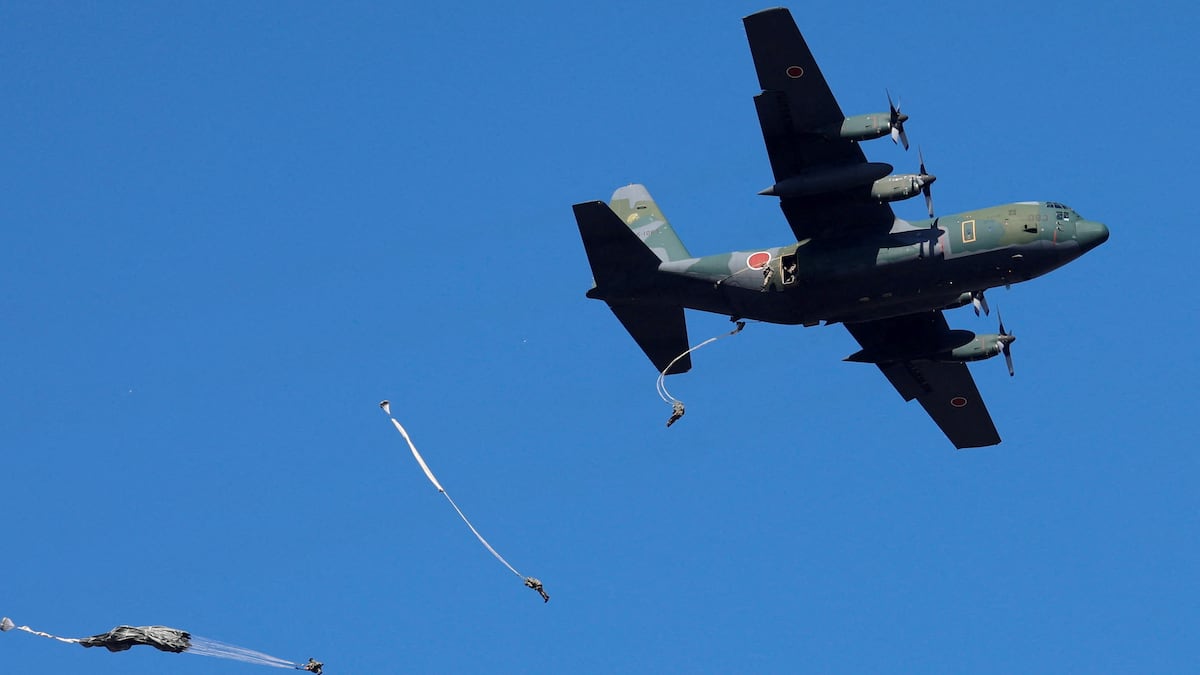
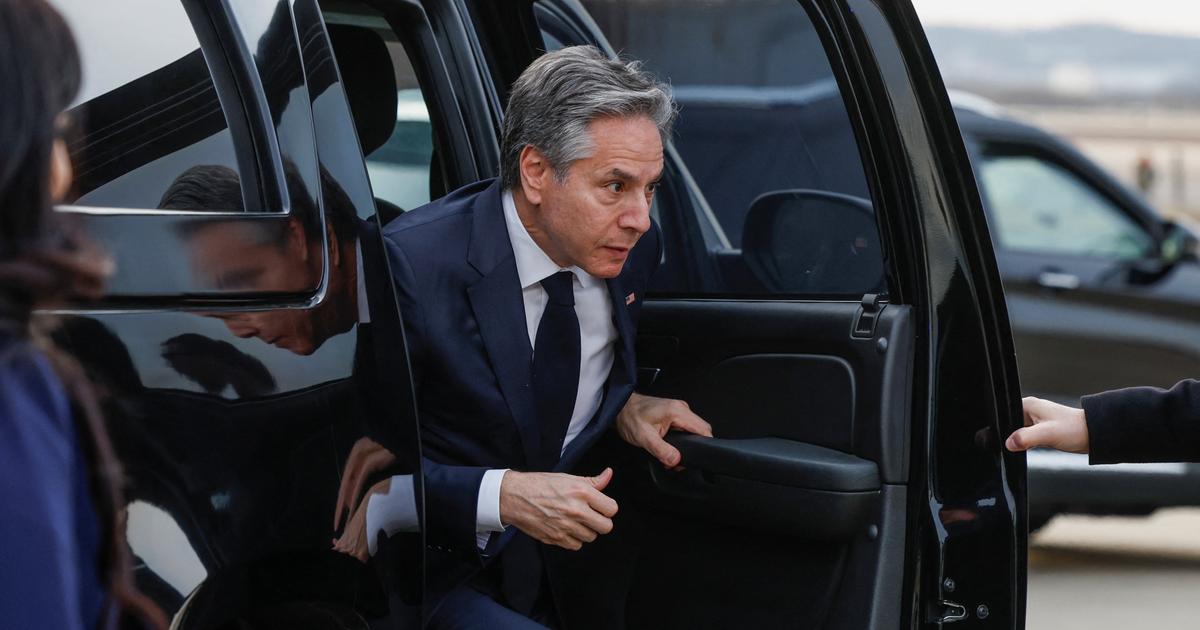


/cloudfront-eu-central-1.images.arcpublishing.com/prisa/OORXB2YNDLANHK3OYLEUMD7SPM.jpg)
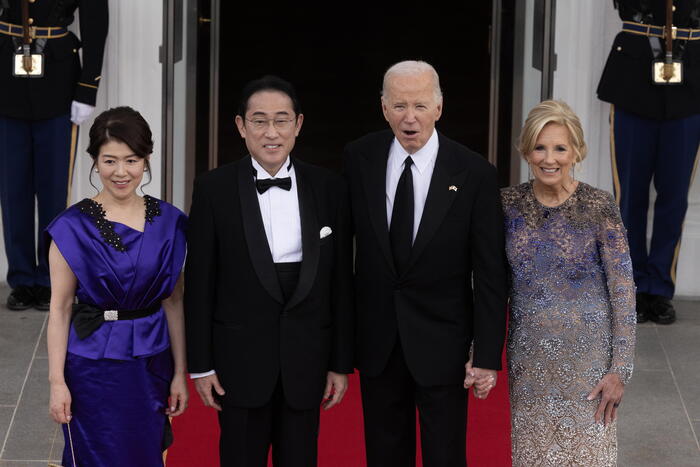

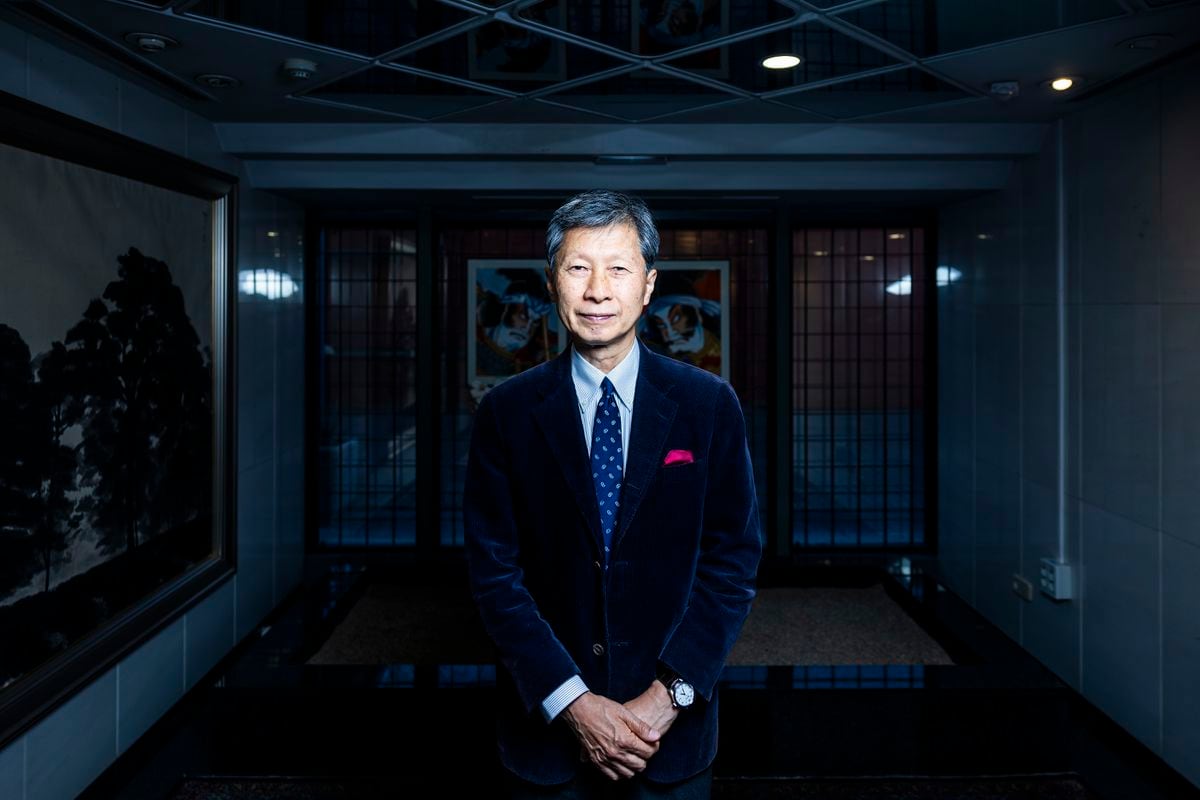
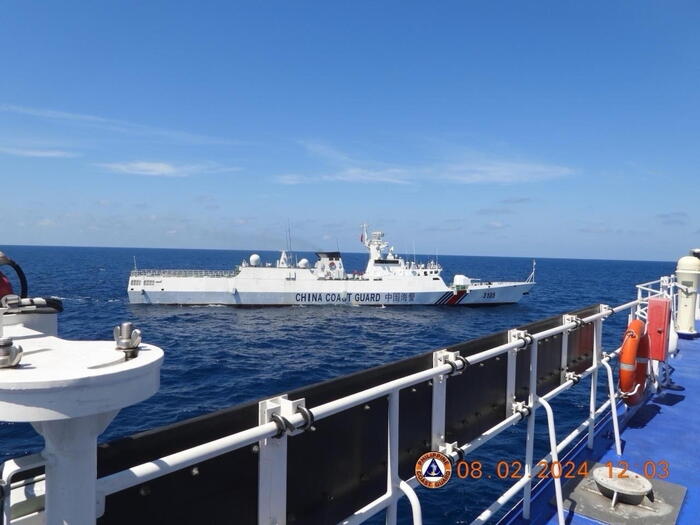

/cloudfront-eu-central-1.images.arcpublishing.com/prisa/KMEYMJKESBAZBE4MRBAM4TGHIQ.jpg)


/cloudfront-eu-central-1.images.arcpublishing.com/prisa/EXJQILQR5QI7OMVRTERD7AEZAU.jpg)
